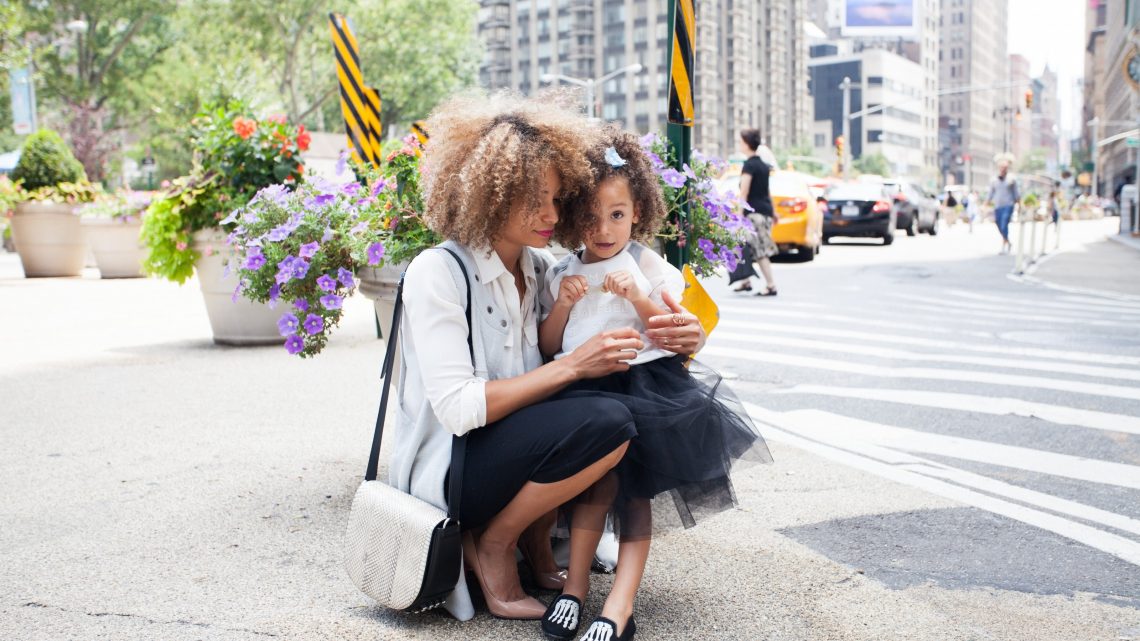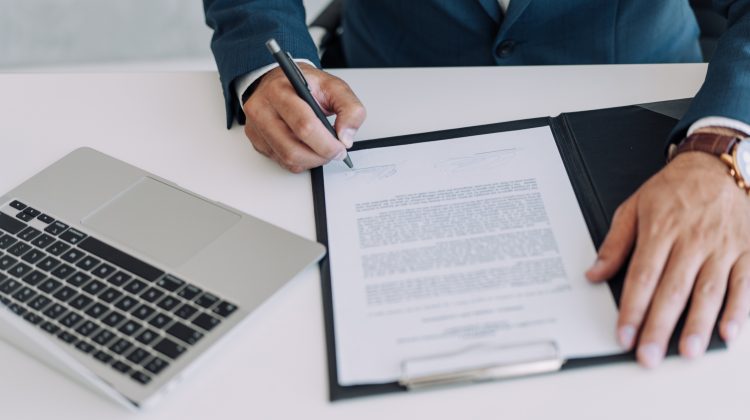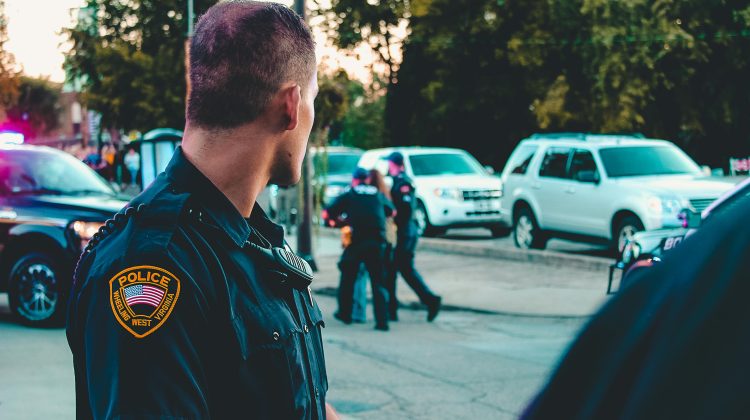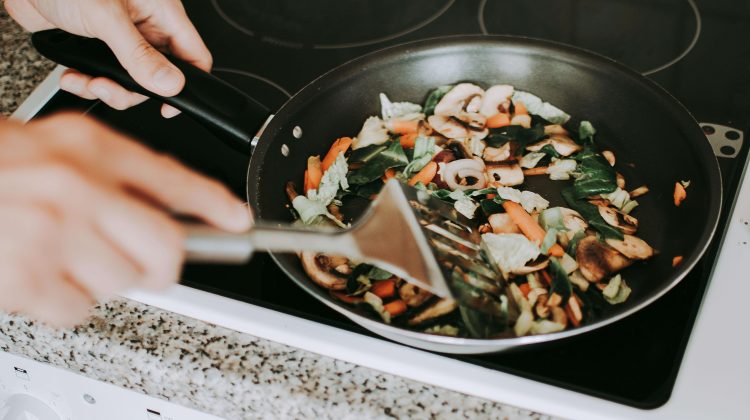Besides keeping an extra shirt in your car if you spill a cup of coffee, you’re probably not ready for a disaster or accident (and if you are, you get a huge gold star and an A+ in my book).
June marks the beginning of summer to some, but it also is the month in which we recognize national safety. Since natural disasters, man-made disasters, and personal injuries can happen any day at any time, following these easy, but effective tips can help give you the leg-up on safety.
- Know important contact numbers
- Memorize or have them written down.
- Make copies of all important documents
- Storing important documents in a safety deposit box or creating digital copies can be helpful should the originals be abandoned or destroyed.
- Learn CPR
- Fun fact: Providing CPR within the first few minutes of cardiac arrest can increase the chances of survival by up to 300%!
- Identify threats or hazards at frequently visited locations
- Scary-tall bookshelf at your house? It may be a good idea to stay away during an earthquake.
- Keep a battery-powered radio at your home
- #throwback
- Know how to make a call to 911
- Double check your smoke detector batteries
- Yes, the annoying beep means the battery is low. Change it!
- Review disaster drills in your area
- Buy a fire extinguisher
- Know how to use a fire extinguisher
- Put your phone away when crossing the street
- Unless it’s a call to 911 it can wait, I promise.
- Use the handrail when going up or down stairs
- Store enough non-perishable food and water for 3 days at your house
- Make sure there is enough for all residents at your crib.
- Identify all easily accessible exits at your location, wherever it may be
- Learn first-aid
- Being informed on how to treat everyday injuries can give you the confidence to respond quickly to more serious injuries.
- See a spill on the floor? Clean it up or notify someone who can
- Slip and fall accidents are real, people.
- Be informed on how to turn off utilities
- It may help prevent electric fires and gas leaks.
- Don’t use an improvised ladder
- Use a step stool or a real ladder for its designated use.
- Have a communication plan
- Phone lines and internet access can be affected by a natural disaster, so have a plan to connect yourself with your loved ones.
- Keep your car key fob next to your bed
- The panic button can act as a great alarm should you need it.
- Speaking of keys, keep them in your hand when walking to your car alone
- Bonus tip: putting the keys between your knuckles can act as a makeshift weapon.
- Always lock your car
- Have a first aid kit in your car
- It may come in handy more often than you think!
- Lock up your house anytime you leave
- Even if you’ll be gardening outside, your home is left vulnerable when doors and windows remain unlocked.
- If you don’t feel confident you can drive safely, don’t do it
- Especially after drinking, taking sleep-inducing prescription medication, a terrible night of sleep, or a combo of all three.
- Clearly mark your street number on your home
- Should there be an emergency, your home will be easier to find. Mailbox, fence, gates, or a wall are all great places to mark your number.
- Report suspicious activity
- If you see something, say something!
- Always check a peephole or through the window when someone knocks on the door
- If you don’t feel safe opening the door, don’t
- Always ask who it is if you don’t have a peephole!
- Double check your window and door locks to ensure they function properly
- Store all medications in a safe place
- Particularly away from children and visitors!
- Find a better hiding spot for your key
- As much as I hate to admit this, hiding the key under the mat or in the planter isn’t recommended.
- Don’t advertise if you’re out of town
- Social media could lead other to know where and when you are out of your home for extended periods of time.
- Close your blinds when you leave the house
- Store important documents safely
- Ensure they are stored in a safe, but easily accessible area should you need them in an instant.
- Install carbon monoxide detectors near or in bedrooms
- Consider leaving a TV or radio on when leaving your house
- This can act as a deterrent for burglars.
- Add non-slip stickers to mats and rugs on slippery surfaces
- Get rid of your mail slot
- Mail slots can weaken the integrity of a door, making it more prone to being compromised. Opt for a mailbox instead.
- If you’re meeting someone new, always meet in a public place
- Whether a Craigslist meetup, first Tinder date, or whatever the hip kids are doing these days, do not let a stranger know where you live.
- Do not sit in your car and text at night
- The text can wait; get in the car, lock the doors, buckle up, and hit the road.
- Take a self-defense class
- If you feel overly emotional, take some time to recollect before getting behind the wheel
- A bad day at work, a fight with a loved one, or running late for something important can spark road rage, tears, or another unfavorable emotion that can compromise your focus.
- Take out your headphones when walking at night
- Inhibiting one of your senses makes you more vulnerable should a situation arise.
- Use your voice
- If you feel threatened, don’t be afraid to confront the situation, yell, scream, or ask for help. Hesitating to do so may spare you the embarrassment should it be a false alarm, but could cost you your safety.
- Learn how to use your gun or weapon in your home
- If you have a gun or are planning on purchasing one, learn how to use it effectively by taking classes, practicing, knowing the ins and out of its care, and proper storing protocol.
- Trust your instincts
- If you get a weird vibe, trust it. Take immediate actions to protect yourself.
Using the 47 tips listed above may not be a definitive list to keep you safe from harm, but it will help aid in your preparation and confidence should you encounter a threatening or hazardous situation. Remember to have fun this month, trust your instincts, and stay safe!





No Comment